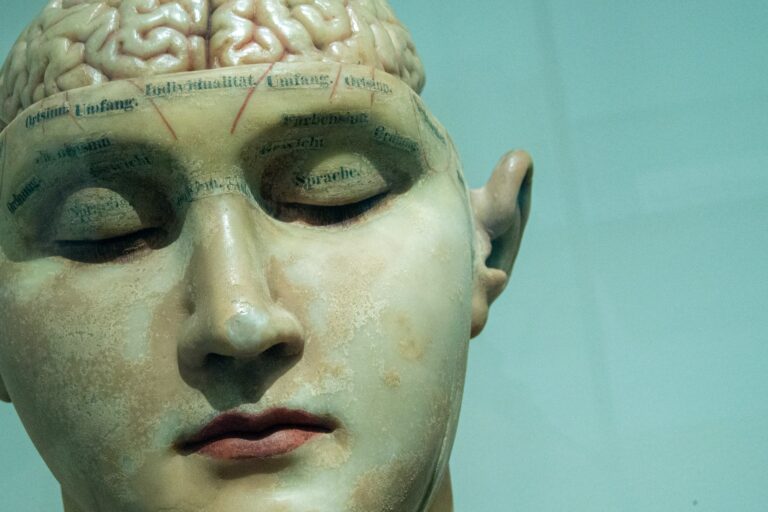Playing virtual reality (VR) games can be safe and potentially beneficial for people with Alzheimer’s disease, particularly those with mild to moderate stages, when carefully managed and tailored to their needs. Emerging research suggests VR may improve emotional well-being, cognitive function, and quality of life for individuals living with Alzheimer’s, but safety considerations and professional guidance are essential.
VR technology offers immersive experiences that can simulate calming environments, cognitive exercises, and physical activity, which are difficult for many Alzheimer’s patients to access otherwise. For example, a study involving 11 residents with mild to moderate Alzheimer’s at a memory care facility used nature-themed VR sessions twice weekly over five weeks. Participants experienced peaceful virtual landscapes like forests and oceans, which led to increased positive emotions such as pleasure and alertness, and decreased negative feelings like anxiety and sadness. They also reported an improved overall quality of life. This suggests VR can provide emotional and psychological benefits by safely connecting patients with soothing natural environments they might not otherwise experience due to mobility or safety limitations [1].
From a cognitive perspective, VR-based cognitive training has shown promise in improving global cognitive functioning in patients with neurodegenerative conditions. One study comparing traditional home-based cognitive rehabilitation to VR-based cognitive tele-rehabilitation found that VR users had greater improvements in cognitive assessments and quality of life. The immersive and interactive nature of VR, with real-time feedback and personalized exercises, may enhance engagement and stimulate brain plasticity more effectively than traditional methods. This is important because Alzheimer’s disease involves progressive cognitive decline, and interventions that promote brain plasticity could help slow this process or improve cognitive function temporarily [3][6].
Physical activity is another critical factor in managing Alzheimer’s disease, as exercise can reduce cognitive decline and improve brain health. Augmented reality (AR) and VR games that encourage physical movement have been shown to induce moderate to vigorous physical activity in older adults, which aligns with recommended exercise levels. These games also improve cognitive outcomes such as visual reasoning and increase motivation and enjoyment, making them a feasible and safe option for older adults with various health conditions. While specific studies on Alzheimer’s patients are limited, the positive effects on physical and cognitive health in older adults suggest potential benefits for those with Alzheimer’s when adapted appropriately [2][4].
Safety considerations are crucial when using VR with Alzheimer’s patients. VR can cause disorientation, dizziness, or motion sickness in some users, which may be more pronounced in individuals with cognitive impairments. Therefore, sessions should be short (e.g., 20-30 minutes), supervised by caregivers or healthcare professionals, and use content designed to minimize sensory overload or confusion. The VR environment should be simple, calming, and easy to navigate to avoid frustration or anxiety. Additionally, patients with severe Alzheimer’s or significant sensory or motor impairments may not tolerate VR well [1][6].
Psychological benefits of VR and AR gaming also extend to reducing loneliness and improving social connection, which are common challenges for people with Alzheimer’s. Studies show that engaging in VR or AR sports games can promote psychological well-being by fostering feelings of social presence and real-time communication, which may help alleviate isolation and depression in this population [5].
In summary, playing VR games can be safe for people with Alzheimer’s disease, especially in mild to moderate stages, when sessions are carefully designed and supervised. VR offers unique opportunities to enhance emotional well-being, cognitive function, physical activity, and social connection. However, more extensive research is needed to fully understand long-term effects and to develop best practices for integrating VR into Alzheimer’s care.
Sources:
[1] Newstalk ZB, “Explained: Can VR help people living with dementia?”
[2] JMIR Serious Games, “The Impact of Active Augmented Reality Games on Physical Activity and Cognitive Outcomes in Older Adults”
[3] PMC, “Efficacy and feasibility of virtual reality-based cognitive tele-rehabilitation”
[4] Medical News Today, “Alzheimer’s: Can exercise video games help keep it at bay?”
[5] News Medical, “AR and VR sports games improve psychological well-being and ease loneliness”
[6] SAGE Journals, “Preliminary study on the feasibility of virtual reality-based cognitive training in mild to moderate Alzheimer’s disease”





